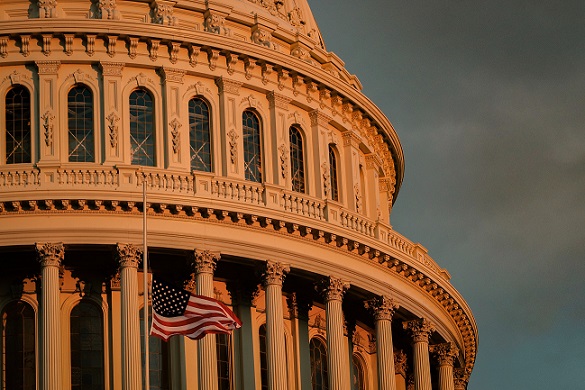June 08, 2023
NONA TEPPER
Medicaid beneficiaries have the right to sue state agencies they allege break federal law, the Supreme Court ruled Thursday.
The 7-2 decision reaffirms previous precedent that U.S. District Court for the Northern District of Indiana challenged in 2020 when it dismissed a case against a county-owned nursing home accused of violating federal patient protection laws. The high court decision upholds a 2021 ruling by the U.S. Court of Appeals for the 7th Circuit. The case now returns to the district court.










